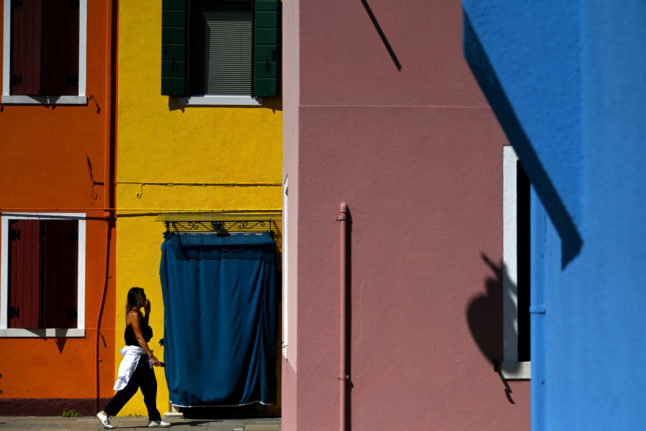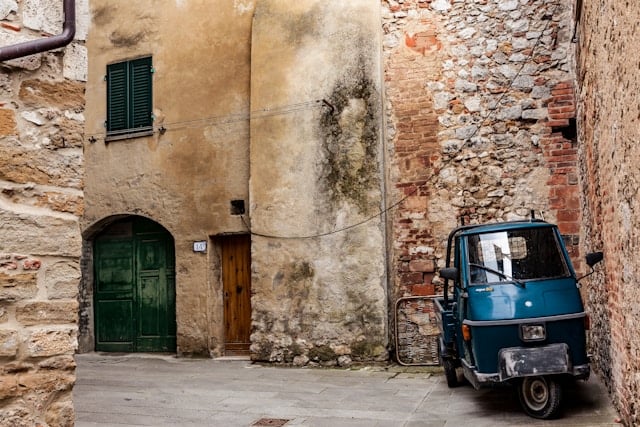Buying a house in Italy is a goal that many who live both in Italy or abroad hope to achieve in the future.
However, there are a few things you should know about predictions for the Italian property market for this year before deciding to take the plunge.
It’s no secret to those who live in Italy that Italian property prices have been on the rise since 2020. The most up-to-date figure for the third quarter of 2023 (according to Italy’s House Price Index) saw a two percent growth compared to the second quarter of the same year.
The increase, according to the National Institute of Statistics (ISTAT), was largely due to the rising prices for new builds in the country.
READ ALSO: What to expect from Italy’s property market in 2024
Because of soaring inflation and a growth in mortgage interest rates, the number of sales closed in Italy slowed down significantly last year. This year, experts predict the same will happen again; the number of sales are set to go down, whilst property prices are set to go up.
There are two valid reasons for this: the number of mortgages granted and the boost in rentals post-pandemic.
To explain in more depth, the number of mortgages granted in the first half of 2023 dwindled by 30 percent compared to the same period of the year prior, according to data from Italy’s Consiglio Nazionale del Notariato (National Council of Notaries).
It is not yet known what will be in store for mortgages in 2024, but the cost of borrowing largely depends on levels of inflation across Europe and Europe’s Central Bank’s monetary decisions.
What’s more, according to the Real Estate Market Observatory by Nomisma, growth in the residential rental market (as opposed to buying and selling) was largely driven by student rentals after the pandemic and continues to be.
READ ALSO: Five clever ways to find a cheap home in Italy
Nomisma predicts 2024 will more than likely see a continuation of negative sales trends, with a total of 643,000 total house sales predicted to close this year compared to the 670,000 in 2023.
They also predict property prices will rise slightly by 0.2 percent nationally, which is a decrease on the growth of the last two quarters.
If you take the slight increase in prices city by city however, those of you looking to buy in Florence or Naples might be in for a shock; property prices there are indicated to increase by 17 percent, with Catania and Verona following suit at six percent and four percent respectively.
In Milan the price tag for properties is set to increase in the city’s outskirts, and more specifically the Ponte Lambro-Santa Giulia area where housing prices will see a growth of 7.8 percent. The same cannot be said for the country’s capital; prices show limited increase at just 1.1 percent. Rather, it’s the price of rent that has skyrocketed in the Eternal City.
Antonio Intini, Chief Business Officer of Immobiliare.it said: “ It is true that price dynamics are slow to react and this is why the forecasts do not depict a 2024 of decreasing prices.
“It must be said that the rise in mortgage rates and the rise in inflation have reduced the intentions and purchasing capacity of Italians, shifting a portion of demand towards rentals, a market which could therefore see prices rise in response to an increase in interest.”
Nevertheless, it isn’t all doom and gloom for those of you who want to buy this year. An annual report by Scenari Immobiliari’s European Outlook 2024 shows a bit more optimism, largely due to a possible decrease in interest rates.
With all this in mind, it seems that compared to 2023, 2024 sales are due to drop, whilst property prices Italy-wide are only slightly on the up.



 Please whitelist us to continue reading.
Please whitelist us to continue reading.
Member comments